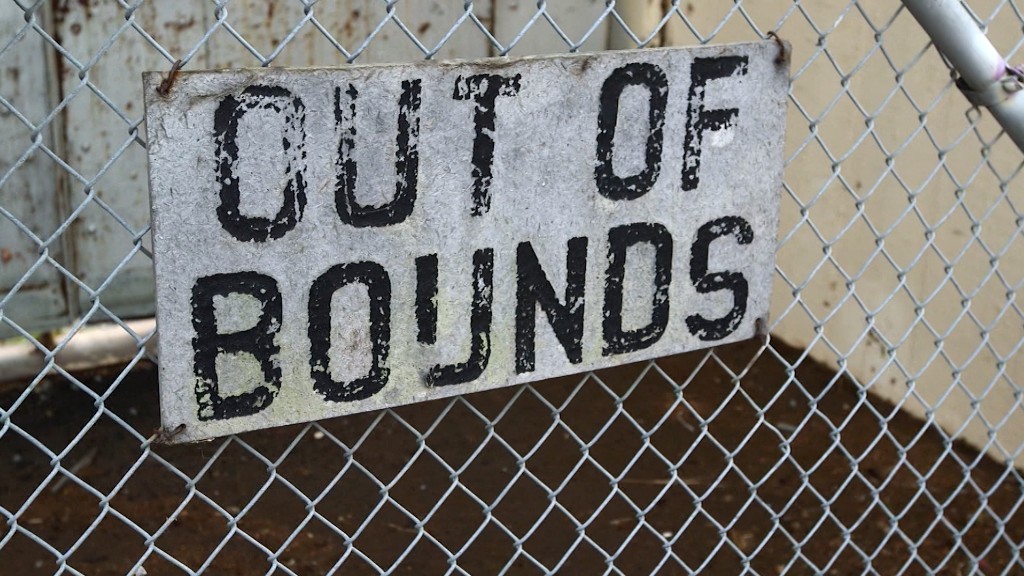
Internet access brings all sorts of benefits: Education, jobs, and connection to friends and family. But youth in the criminal justice and foster care systems often don't have access to it. That's why some lawmakers in California want to make it their right.
Earlier this year, Democrat Assemblymember Mike Gipson introduced legislation that would mandate "reasonable access to computer technology and the internet" for kids in juvenile detention programs and foster care.
Access to the internet would be listed on the bills of rights for youth in these state programs. Existing rights include a safe environment, health care, freedom of religion and access to a lawyer.
Lucy Salcido Carter is a policy advocate at the Youth Law Center, the lead sponsor on the bill. She said kids should be provided with as much normalcy as possible -- and you can't have that without the tech tools we use every day.
"They just become further isolated and get further behind in school work if they don't have a chance to learn how to use technology and stay in contact with supportive people in their lives," Salcido Carter said.
The debate over the right to internet
Adam Schwartz, senior staff attorney at the Electronic Frontier Foundation, says internet connectivity is a human right, and it should be provided to people even when they are incarcerated.
"All too often there are unreasonable restraints on access to the internet by people who are in state custody or otherwise involved in the criminal justice system," Schwartz told CNNTech. "This is a shame for many reasons, including that it stops people from reintegrating back into society."
In 2016, the United Nations officially declared access to the internet a basic human right, noting its role "as a driving force in accelerating progress towards development in its various forms."
Sir Tim Berners-Lee, the inventor of the world wide web, agrees, saying that it's the responsibility of the developed world to make sure internet access is universal.
"The gap between somebody who has the use of the web and someone who doesn't has become bigger with every step of the web's development," Berners-Lee told CNNTech.
This disadvantage can mean lost educational and job opportunities.
In 2016, the FCC introduced a broadband subsidy to boost internet access in low income households and help bridge the digital divide.
Not everyone agrees that internet is a basic right. In 2015, FCC Commissioner Michael O'Rielly, who opposed the broadband subsidies, said internet access is not a necessity in our daily lives and it was "ludicrous" to compare it to human rights. Earlier this year, the FCC ordered a review of companies previously allowed to participate, effectively putting the program on hold.
Related: FCC wants to stop prisoners from making cell phone calls
Some organizations already treat internet access as a vital component of aid. The World Food Program provides food to refugees in developing nations, but has started to provide internet connectivity as well.
"The world is moving in [a mobile] direction, and it's playing a more and more critical role in how we communicate," Richard Leach, president and CEO of World Food Program USA, told CNNTech earlier this year.
Additionally, a unique program in California provides internet connectivity to rural and low-income students by equipping school buses with wi-fi routers and parking them in different parts of the district at night. These dual-use mobile hotspots let students in one of the poorest school districts use internet at home.
A right for U.S. kids
Should California's legislation pass, it will require all California juvenile detention and foster care facilities to let youth access the internet.
The Chief Probation Officers of California (CPOC) opposes the bill unless the language is changed. Though it is in favor of providing internet for educational purposes, the organization wants to make sure that individual departments can tailor the access and put restrictions in place to block unsafe websites.
"Dealing with technology and internet access is a new frontier in parenthood, and likewise we want to make sure in a custodial setting, that we're dealing with the same things," Laura Dixon, a spokeswoman for CPOC, said."Just like any kind of parent of a teenager or young kid, making sure you're having balance and having independent policies, including what content is available to access."
The CPOC is working with the Youth Law Center to try and implement some of their requirements.
California isn't the first state to consider providing online resources to youth in detention. Since 2013, incarcerated youth in Oregon have been allowed access to podcasts, videos and other resources to supplement learning. Online browsing history is strictly monitored to ensure students' safety.
In one California detention center, providing youth with an opportunity to refurbish computers has dramatically reduced recidivism rates, according to ABC reporting.
"They have basic rights to education and to maintain connections with family, and yet we deny them access to technology, which is the means most people use to maintain contact with people," Salcido Carter said.

